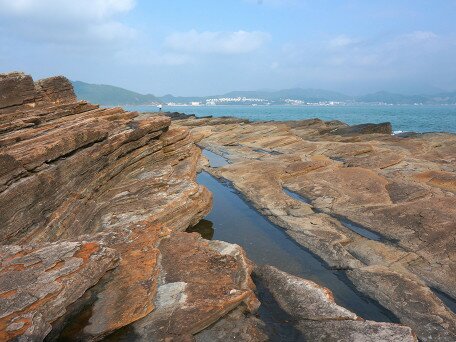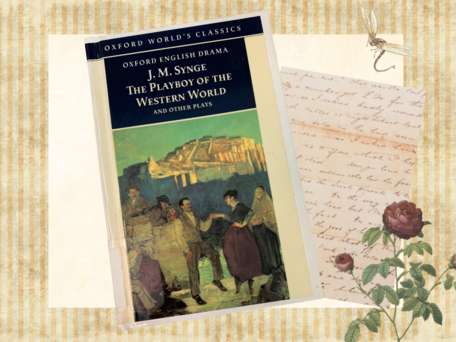A Japanese Zen Poet-monk’s Interpretation and Reimagining of Su Shi - A Study on Banri Shūkyū’s Shōmono-style Commentary Tenka haku [The Brightest of the World]
- Project Scheme:
- General Research Fund
- Project Year:
- 2021/2022
- Project Leader:
- Dr SHANG, Haifeng
- (Department of Literature and Cultural Studies)
![A Japanese Zen Poet-monk’s Interpretation and Reimagining of Su Shi - A Study on Banri Shūkyū’s Shōmono-style Commentary Tenka haku [The Brightest of the World]](/cms/f/research_project/22743/32029/456p342/13%20A%20Japanese%20Zen%20Poet-monk%E2%80%99s%20Interpretation%20and%20Reimagining%20of%20Su%20Shi.jpg)
Su Shi is arguably one of imperial China’s most prominent drivers of the trend of amalgamating literature, art and religion, where his contributions have a special place in the history of the wider Sinosphere. Su was demoted and sent into exile in Huangzhou, and it can be argued that during this low period, his attempt to seek solace in tathāgatagarbha thought had a substantial impact on his literary and artistic works.
But this Buddhist influence on Su’s compositions has been not sufficiently discussed among the many Song and Qing dynasty periods Chinese criticisms of his work, perhaps in part due to their authors’ strong affiliations with Confucianism. A different perspective of these works, however, can be found in a commentary written in Chinese by the poet-monk Banri Shūkyū, who flourished in Japan during the Muromachi period. Banri’s alternative perspective, presented in his Tenka haku (The Brightest of the World), was informed by his training as a Japanese Zen monk, scholar and poet, his exposure to different traditions of exegesis and training in art and literature, and personal experiences that in some ways echoed with those of Su Shi, including Banri’s experiencing regret and dejection at being compelled, when middle-aged, to renounce his vows and return to lay life.








